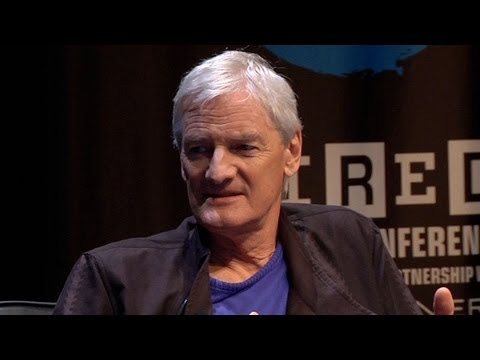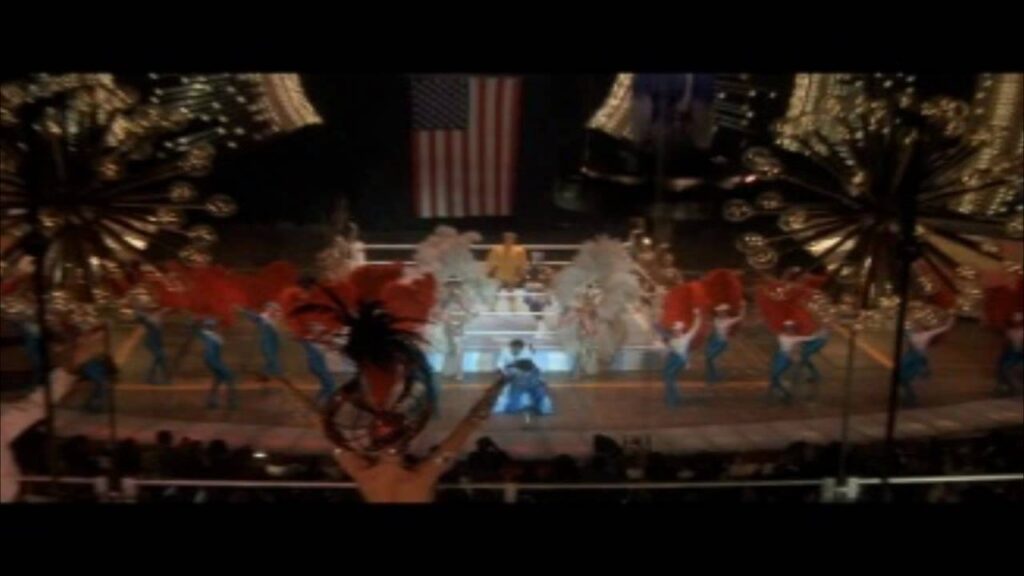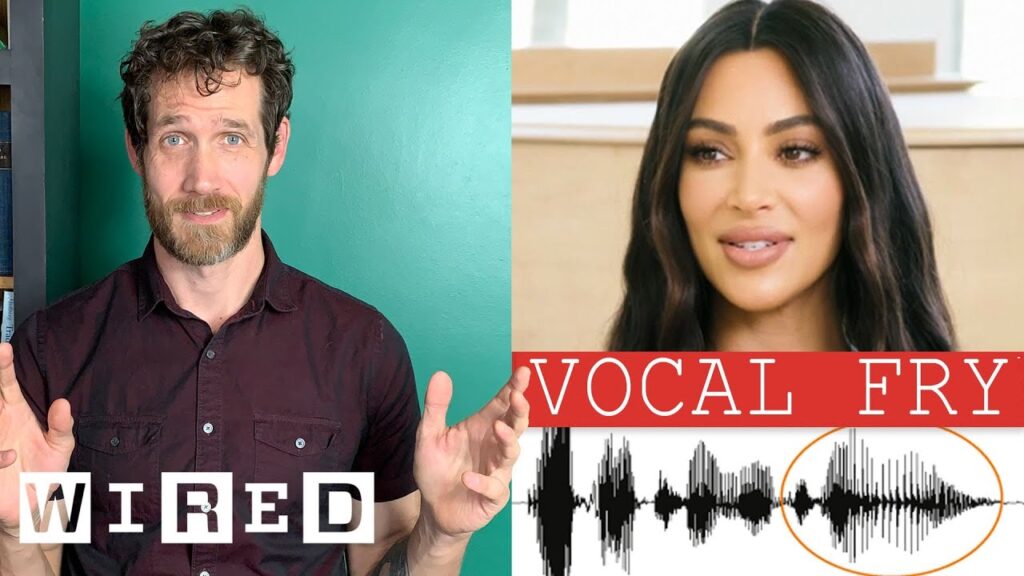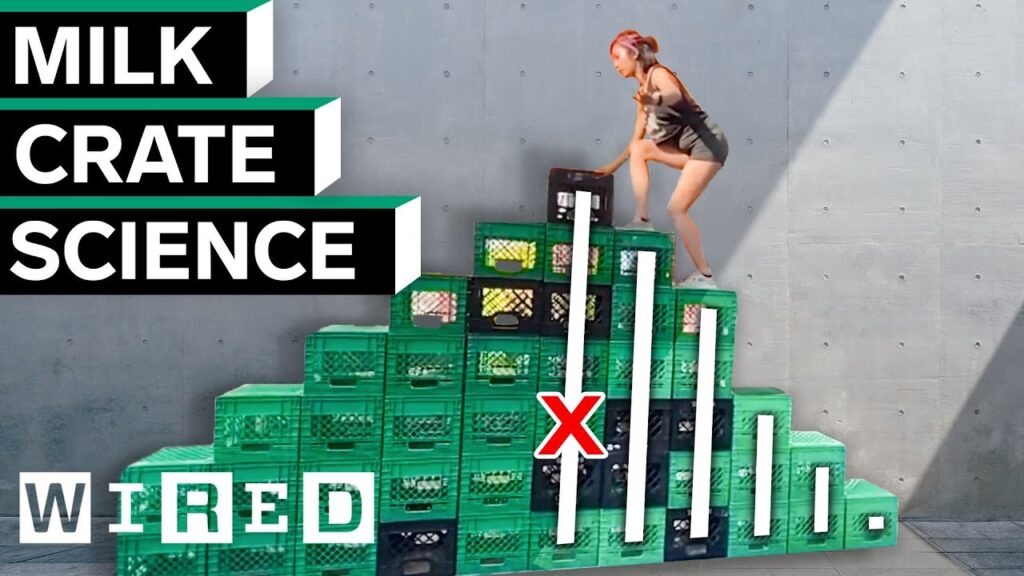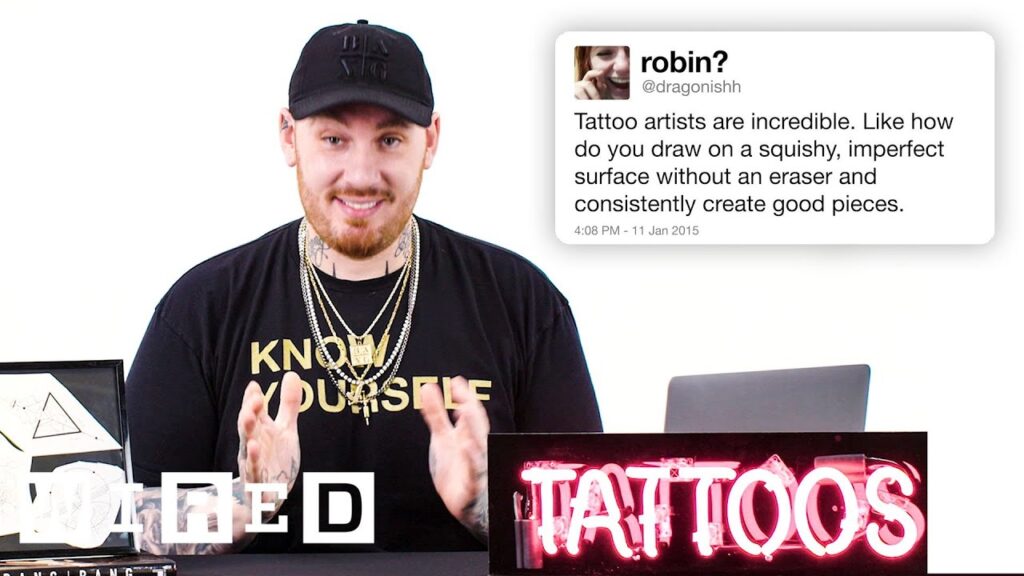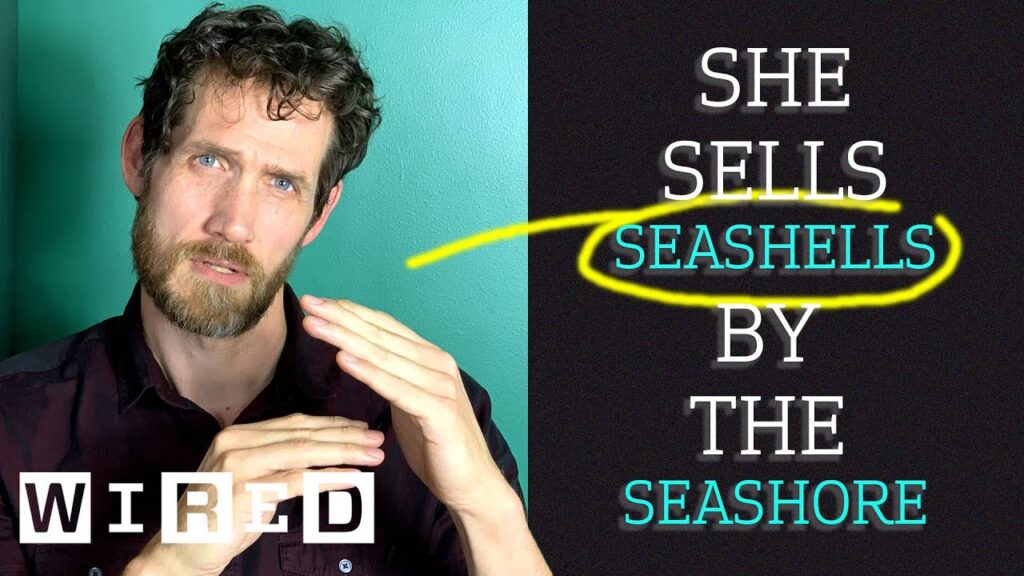Udacity Founder Discusses the Future of Education and Google Glass
Summary
The founder of Udacity, an online learning platform, believes that the current education system is mediocre and that digital media can make education more efficient and economical. Along with discussing Udacity’s mission, the speaker also talks about the latest project by Google, Google Glass, which aims to provide real-time access to digital media without distracting users from the physical world.
Table of Contents
- How does Udacity provide high-quality education for free?
- What are the advantages of creating tailored classes?
- Can digital media replace traditional education?
- Can shorter initial education lead to lifelong learning?
- What is the purpose of Google Glass?
- What are the main concerns for users of Google Glass?
- How can teams successfully land on the moon every year?
Introduction
The current education system can be inefficient, with thousands of professors teaching the same content. However, the founder of Udacity believes that digital media can make education more economical, efficient, and tailored to individual needs. Another technology that has the potential to change the way people interact with the digital world is Google Glass.
Q&A
How does Udacity provide high-quality education for free?
We believe that education should be accessible to everyone, and that’s why we offer our courses for free. We make money through charging for additional services, such as career coaching and helping students find jobs. Our courses are crafted to be interactive and inclusive, with forums where students and instructors can have discussions and answer each other’s questions.
What are the advantages of creating tailored classes?
Tailored classes allow individual students to have their unique needs met. By using data on how students interact with course materials, we can adjust our content and instructions to foster stronger understanding and learning. This results in higher engagement and better absorption of material.
Can digital media replace traditional education?
While we don’t necessarily believe that digital media can completely replace traditional education, we do think it has the potential to make education more efficient and economical. With digital media, we can reach people all around the world and offer high-quality education that might not have been accessible before. It also allows for lifelong learning rather than being limited to four years of initial education.
Can shorter initial education lead to lifelong learning?
Yes, we believe that shorter initial education followed by lifelong learning is the future of education. By providing students with essential skills in a shorter time frame, they can then apply those skills to the real world and continually expand their knowledge through further learning.
What is the purpose of Google Glass?
The purpose of Google Glass is to provide real-time access to digital media while the user remains present in the physical world. It is a wearable device that provides information in front of the wearer’s eyes, similar to augmented reality.
What are the main concerns for users of Google Glass?
One of the main concerns for users of Google Glass is distraction. People worry that by having constant access to digital media, they will not be fully present in the physical world. However, Google is addressing this by creating a device that can be used only when needed and does not interfere with daily life.
How can teams successfully land on the moon every year?
To successfully land on the moon every year, teams need to have maximum operating space and a clear vision to work towards. They should also be shielded from excessive opinions and directions from managers, allowing for amazing work to emerge. This level of autonomy and trust can lead to innovative thinking and problem-solving.
Conclusion
The founder of Udacity brings up interesting points about how digital media can revolutionize education, while also discussing the pros and cons of Google Glass. Additionally, he shares his insights on how to create a successful team by providing them with autonomy and a clear vision. The future of education and technology is exciting, and it’s exciting to see how it will continue to evolve.

